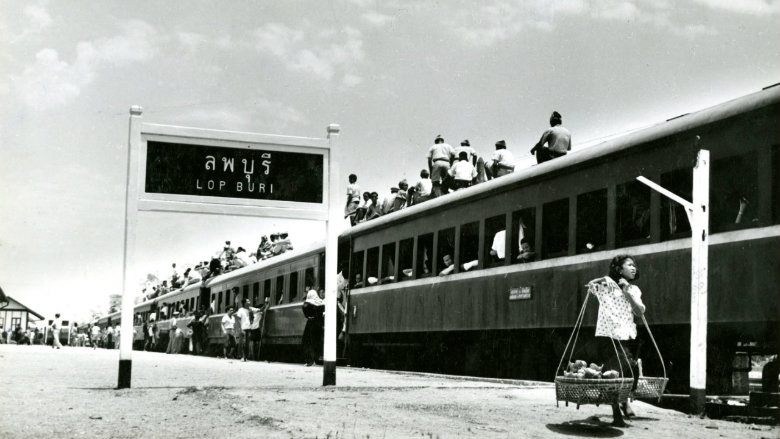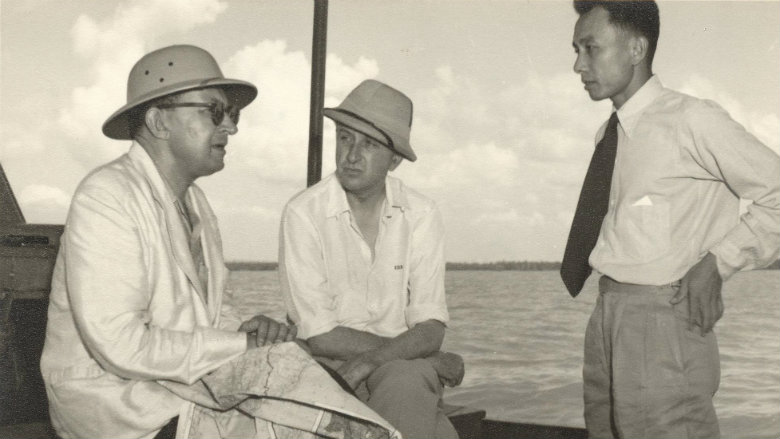Back in 1952, third President of the World Bank, Eugene Black, visited Thailand for the first time and surveyed the Chaophraya River where a water control system was being built to irrigate farmlands in the Central Plain areas. Since becoming a member of the World Bank in 1949, Thailand’s first World Bank engagements were made in the form of loans in 1950. In fact, these were also the World Bank’s first loans in Southeast Asia. It was a time when the international institution’s direct financial assistance to Thai development concentrated on the building of basic infrastructure – roads, dams, irrigation works, electricity, rail transport and port facilities – all of which helped enable the upsurge in production and commercial activity in the country. Today, seventy years later, Thailand has grown into a dynamic middle-income country, changing its relationship with the Bank from traditional lending and analytical services into an innovative knowledge-based partnership.
We checked in with Birgit Hansl, the new Country Manager for Thailand, on her plans for this time of transition and how other countries can learn from Thailand’s growth story. Birgit’s interview also comes as two significant events take place this month for the second largest economy in Southeast Asia – the crowning of a new King, an event that has not taken place since 1950, and the announcement of official election results.
As a trained economist with experience around the world, what about Thailand do you find the most intriguing, interesting or different?
Today, Eugene Black would have a hard time to recognize the Bangkok skyline, and I am sure he would be in awe of the development that happened along the Chaophraya River since his visit in 1952. Thailand is a development success story, with sustained strong growth and impressive poverty reduction. Now, Thailand’s GNI per capita is around US$5,690, and extreme poverty is negligible. What is most fascinating to me is that Thailand’s government and people are not content with these achievements, but they are focused on how to overcome key challenges for the country’s next transition to a high-income country, and most of all, they are focused on how to ensure that all of society will be part of this transition. While in the past the government of Thailand and the World Bank Group’s (WBG) had a traditional lending partnership with heavy focus on infrastructure investments, today, Thailand looks for our advice and expertise in a knowledge-based program. This provides us with a unique partnership with an ambitious upper middle-income country.
What part of the seven-decade history of the World Bank in Thailand do you think people should know about?
When we hear about development success stories like Thailand we often assume all went well all the time. But that is of course not true and there are many lessons to learn from how difficult times were overcome. What I would like other countries and colleagues to know is that the development path of Thailand was never unidimensional, and neither was our partnership. The WBG always remained engaged and a steadfast partner for Thailand even through difficult times, such as the period of economic turbulence following the first oil crisis in 1972-74, or the global financial crisis and the following recent period of political instability between 2008 and 2014. Together, we learned and adapted our partnership.


